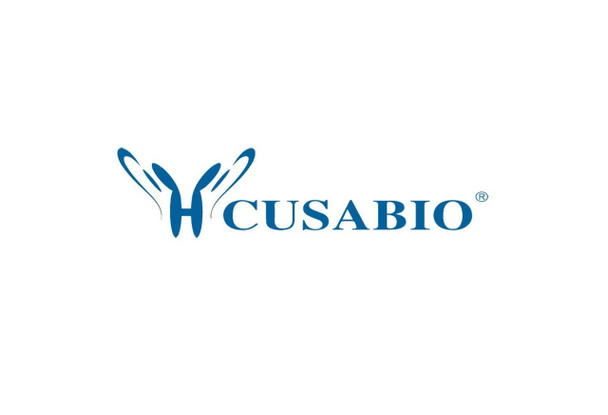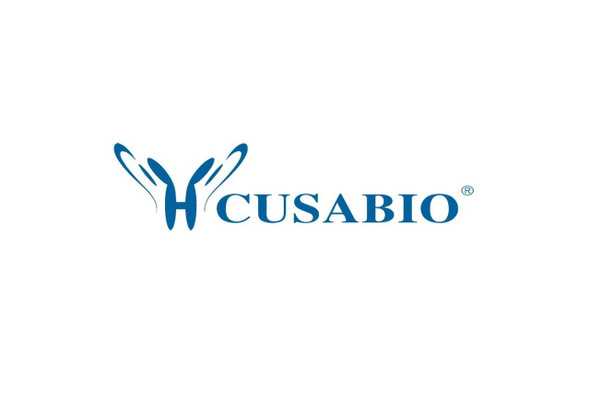Cusabio Polyclonal Antibodies
IVNS1ABP Antibody | CSB-PA896937LA01HU
- SKU:
- CSB-PA896937LA01HU
- Availability:
- 3 to 7 Working Days
Description
IVNS1ABP Antibody | CSB-PA896937LA01HU | Cusabio
IVNS1ABP Antibody is Available at Gentaur Genprice with the fastest delivery.
Online Order Payment is possible or send quotation to info@gentaur.com.
Product Type: Polyclonal Antibody
Target Names: IVNS1ABP
Aliases: Influenza virus NS1A-binding protein (NS1-BP) (NS1-binding protein) (Aryl hydrocarbon receptor-associated protein 3), IVNS1ABP, ARA3 FLARA3 KIAA0850 NS1 NS1BP
Background: Plays a role in cell division and in the dynamic organization of the actin skeleton as a stabilizer of actin filaments by association with F-actin through Kelch repeats. Protects cells from cell death induced by actin destabilization; Protects neurons from dendritic spines and actin filaments damage induced by the actin-destabilizing cytochalasin B when overexpressed. Activates Erk signaling pathway when overexpressed in cultured cell lines (By similarity) . May be a component of the cellular splicing machinery with a role in pre-mRNA splicing; may mediate the inhibition of splicing by NS/influenza virus NS1A protein. Functions as modifier of the AHR/Aryl hydrocarbon receptor pathway increasing the concentration of AHR available to activate transcription.
Isotype: IgG
Conjugate: Non-conjugated
Clonality: Polyclonal
Uniport ID: Q9Y6Y0
Host Species: Rabbit
Species Reactivity: Human
Immunogen: Recombinant Human Influenza virus NS1A-binding protein (401-642AA)
Immunogen Species: Homo sapiens (Human)
Applications: ELISA, IHC, IF
Tested Applications: ELISA, IHC, IF; Recommended dilution: IHC:1:20-1:200, IF:1:50-1:200
Purification Method: Antigen Affinity Purified
Dilution Ratio1: ELISA:1:2000-1:10000
Dilution Ratio2: IHC:1:20-1:200
Dilution Ratio3: IF:1:50-1:200
Dilution Ratio4:
Dilution Ratio5:
Dilution Ratio6:
Buffer: Preservative: 0.03% Proclin 300
Constituents: 50% Glycerol, 0.01M PBS, pH 7.4
Form: Liquid
Storage: Upon receipt, store at -20°C or -80°C. Avoid repeated freeze.
Initial Research Areas: Microbiology
Research Areas: Microbiology











